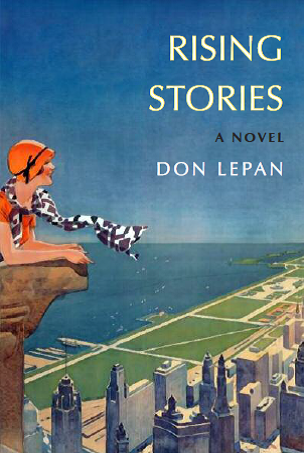When I wrote a couple of weeks ago on the topic of how minds change I focused on individual psychology rather than on two broader mechanisms that can make an enormous difference in changing minds—the media and the law.
In areas where we don’t have a lot of background knowledge ourselves, we tend not only to respect laws but also to be more willing to equate the legal with the morally acceptable. So if the law says that a non-human animal is property and that a factory farm can do anything it wishes to such a creature, that matters not only directly, in perpetuating cruel practices and the animal suffering they cause, but also indirectly, in helping to perpetuate a complaisant acceptance of such practices among the general public.
In both Canada and the United States, the law is sadly deficient when it comes to meaningful action against cruelty to non-human animals. Much as we Canadians like to think of ourselves as kinder and gentler than Americans, we are no better in this regard. Over the past ten years there have been three significant attempts in Canada to pass new legislation on cruelty to animals; none has succeeded. In the US, in contrast, California (with last year’s Proposition 8) and several other states have begun to place some restrictions on cruelties of factory farming. Thus far the restrictions are modest and apply to only a very few of the worst factory farming practices. But at least it is a start; in Canada we have done nothing.
Our media are not much better than our lawmakers. This weekend was not untypical; a Friday Lorne Gunter column in The National Post railed against the Vancouver Humane Society’s efforts to draw attention to the cruelties of rodeo calf roping (and was blithely accepting of cruelty to such animals), while Rex Murphy in his Saturday Globe and Mail column railed against PETA and against Sarah McLachlan for opposing the seal hunt—without devoting even one sentence in the column to arguing directly as to whether the seal hunt is cruel or not. Also in the Globe and Mail, an article reported on hog farmers’ demands for government assistance—with no mention of the extreme cruelty that is central to the businesses they run.
But there may be hope at the Globe, which recently appointed John Stackhouse as editor. As a reporter Stackhouse often displayed a real social conscience, and it was when he was editor of Report on Business a few years ago that the ROB Magazine published the best article I’ve seen on factory farming in any mainstream Canadian publication—an exposé of cruel practices written by someone who had worked at a factory hog farm. It was interesting this past week that the Globe ran the controversy over the Humane Society’s rodeo campaign—and the Calgary newspapers’ refusal to run Humane Society advertisements making their case—on their front page. One small but hopeful sign.
Sunday, July 5, 2009
Subscribe to:
Posts (Atom)




